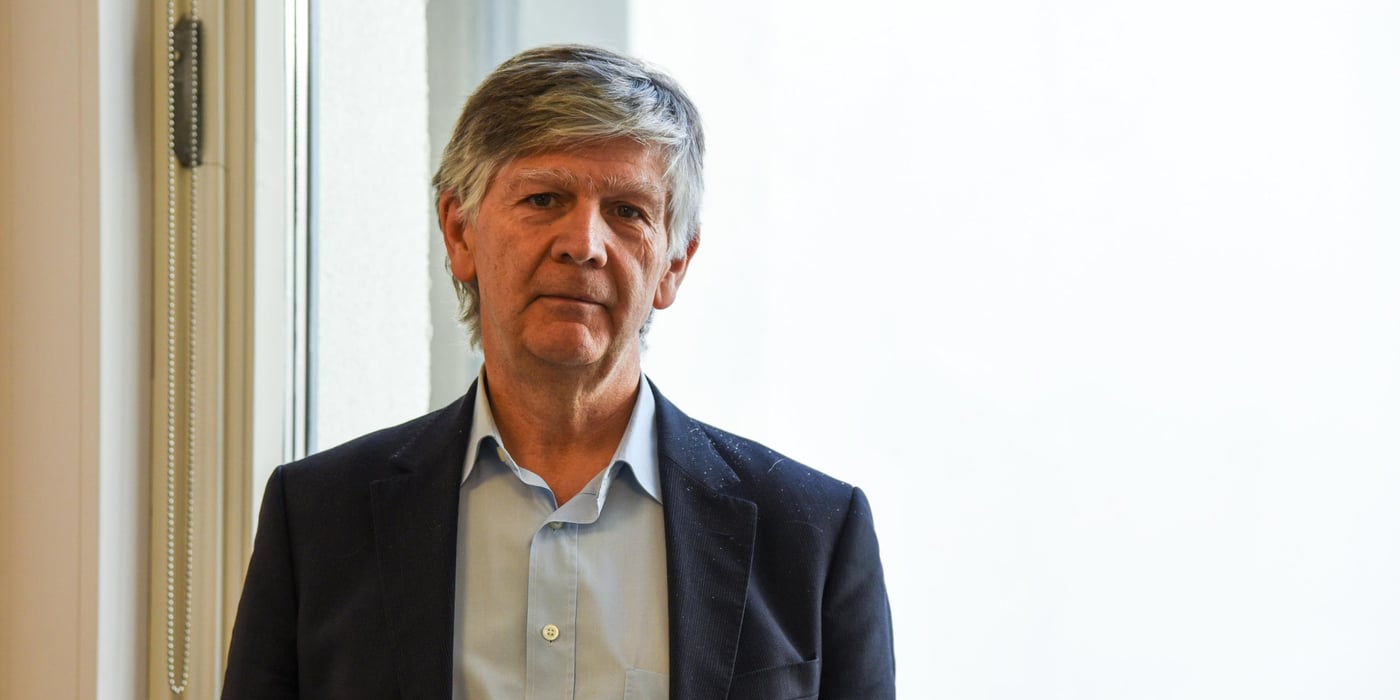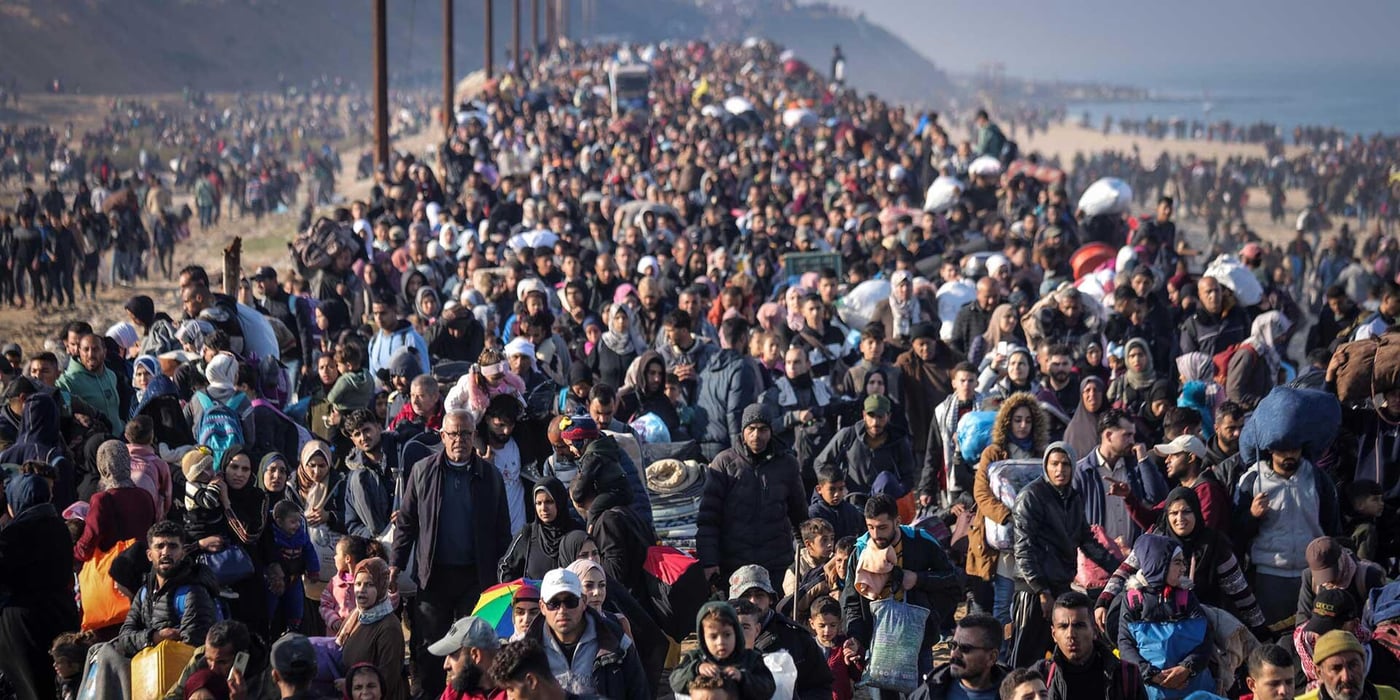
Walter Kälin is Professor Emeritus at the University of Bern. From 2004-2010 he served as Representative of the UN Secretary-General on the Human Rights of Internally displaced persons (IDPs). He is also the former Envoy of the Nansen Initiative on disaster-induced cross-border displacement (2012 – 2015) and presently legal adviser to the Chair of the Platform on Disaster Displacement.
- I know Walter from his huge efforts for the internally displaced in the UN and his leadership for those displaced by natural disasters and now look forward to his guidance as an NRC board member, says Jan Egeland.
Kälin has a long record fighting for the rights of displaced, and has been a leading advocate for the United Nations Guiding Principles on Internal Displacement for almost twenty years.
Alarming situation
During a short visit to Oslo, Walter Kälin is sharing some of his thoughts related to his work in the past and future:
“Since the Guiding Principles were introduced almost twenty years ago we have had some positive and some negative developments. On the positive side, we
can mention that the Guiding Principeles as the overall normative framework for internal displacement situations is accepted today”, says Kälin, and mentions the Kampala Convention as a positive example.
“On the negative side the numbers have not diminished. Ten years ago, the number of internally displaced was 20 million. Now this number has doubled. One reason for this is that we have major armed conflicts and crisis, like in the Middle East. Another reason why the numbers are increasing is that there are so few durable solutions. People are remaining in internal displacement. After years and decades, people can still not rebuild their lives and that is a big concern”.
Time for durable solutions
“NRC is an operational NGO that also works on advocacy and runs the International Displacement Monitoring Centre (IDMC) in Geneve. What do you see as important issues for NRC?”
“IDMC is adopting and contains very important elements to protect people’s rights, and has an important impact on the actual work of NRC. Secondly it is important to focus on different key activities. In the 1990s it was quite easy to talk about durable solutions because this was a time when we had peace agreements in the Balkans and other countries,” he explains.
“But what does it mean to have durable solutions in context of conflicts that are ongoing years after years?”, he asks, and answer himself: “I think it will very much mean to help people get back on their feet and help them rebuild their lives and livelihoods. That’s an important challenge but really what is needed”.
A confusing and complex situation
“How does the current situation in Europe affect the work for IDPs?”
“I think we see quite a confusing and complex situation, with different voices going in different directions. You have those who say that we should look after ourselves, close the borders and try to help the displaced outside Europe, so they don't have to come to here. But the internally displaced get a bit lost. IDPs are less prominent on the international agenda than they where ten years ago, but we need to make people understand is that if IDPs are not protected and assisted they will move across borders and become refugees. So wee need to work with equal efforts, dedication on both fronts”.
“What should we do next year for the twentieth anniversary for the Guiding Principles for IDPs?”
“The twentieth anniversary for the Guiding Principles would be a good occasion to move IDPs back into a more prominent position. We also have to take the discussion on the global impact on refugees and migration, but have to move IDP issues to a more central stage of the international agenda. We have a to help people rebuild their lives, even if durable solutions seem far away”, says Kälin, who looks forward to start working on this as a new member of the NRC Board of Directors.



